Industry information
Company News
- The Charm of Honeycomb Aluminum Plate: A Lightweight and High Strength Modern Material
- 2. Customized aluminum veneer, making the home more stylish. 3 Personalized aluminum veneer, new home style
- Aluminum curtain wall: the beauty of architecture, the light of technology
- Aluminum ceiling: the beauty of architecture, the choice of lightness
- Customized aluminum veneer: the art of creating personalized spaces
Industry dynamics
- Aluminum Curtain Wall: The Silver Coat of Modern Architecture
- The relationship between aluminum veneer prices and construction costs
- Aluminum veneer customization, creating a unique spatial aesthetic
- Aluminum veneer customization: creating your own fashionable space
- The secret of aluminum honeycomb panels: as light as feathers, as strong as rocks!
Frequently asked questions
- Can the insulation function of aluminum veneer solve the structural problems of buildings?
- How does the service life of aluminum veneer compare to other exterior wall materials?
- Can aluminum veneer be used in the design of building arch bridges?
- How does the plasticity of aluminum veneer affect building comfort?
- Can aluminum veneer achieve customized design?
contact us
Mobile:+86 15627778610
Email: 2201229786
Address: No. 5 Binjiang Road, High tech Zone, Zhaoqing City, Guangdong Province
Can aluminum veneer be used for building insulation design?
- Author: Lesilong Technology (Guangdong) Co., Ltd
- Release time: March 2, 2025 21:05:05
- Click:0
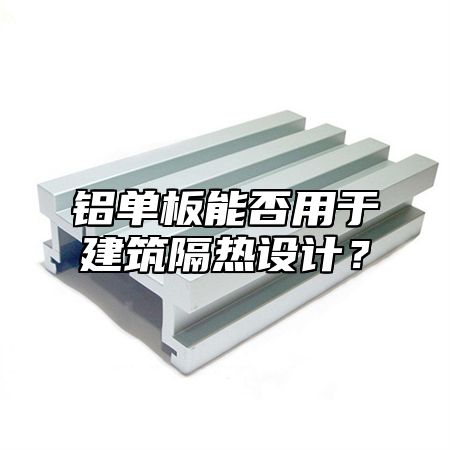
Aluminum veneerIt is a lightweight, weather resistant, fire-resistant, and corrosion-resistant building material that has a wide range of applications in building insulation design. Aluminum veneer can be used for building insulation design, but it needs to be selected and matched according to specific circumstances. This article will provide a detailed introduction from multiple aspects to answer this question.
We need to understand the basic characteristics of aluminum veneer. Aluminum veneer is formed by rolling aluminum alloy sheets and then sprayed on the surface. Due to its lightweight, weather resistant, fire-resistant, and corrosion-resistant properties, aluminum veneer has a wide range of applications in building insulation design.
Let's take a look at whether aluminum veneer can be used for building insulation design:
1. Thermal insulation effect: The thermal insulation effect of aluminum veneer is one of the important factors to consider when it is applied in building insulation design. Generally speaking, the insulation effect of aluminum veneer is related to its thickness and shape. If aluminum veneer is needed as a thermal insulation decoration material on the exterior walls of buildings, thicker aluminum veneer should be selected and appropriate design methods should be adopted to improve its thermal insulation effect.
2. Installation stability: The installation stability of aluminum veneer is also one of the important factors to consider when it is applied in building insulation design. Generally speaking, the installation stability of aluminum veneer is related to its material quality and structural design. If aluminum veneer is needed as the main load-bearing structure in high-rise buildings, high-quality aluminum veneer should be selected and appropriate structural design should be adopted to improve its installation stability.
3. Waterproof performance: The waterproof performance of aluminum veneer is also an important factor to consider when it is applied in building insulation design. Generally speaking, the waterproof performance of aluminum veneer is related to its surface treatment method. If aluminum veneer is needed as a thermal insulation decoration material in outdoor environments, it is necessary to choose aluminum veneer that has been anodized to enhance its waterproof performance.
4. Corrosion resistance: The corrosion resistance of aluminum veneer is also an important factor to consider when it is applied in building insulation design. Generally speaking, the corrosion resistance of aluminum veneer is related to its surface treatment method and material quality. If aluminum veneer is needed as a thermal insulation decoration material in coastal areas or environments with high humidity, it is necessary to choose aluminum veneer that has undergone anodizing and anti-corrosion treatment to enhance its corrosion resistance.
Aluminum veneer can be used for building insulation design, but it needs to be selected and matched according to specific circumstances. By selecting appropriate thickness and shape, enhancing the installation stability of aluminum veneer, and improving its waterproof and corrosion-resistant performance, it is possible to meet the needs of different architectural styles and usage environments, creating beautiful, practical, and stable building effects. When designing building insulation decoration materials, it is necessary to choose suitable materials and design schemes according to specific situations to ensure the quality and stability of the overall decoration effect.

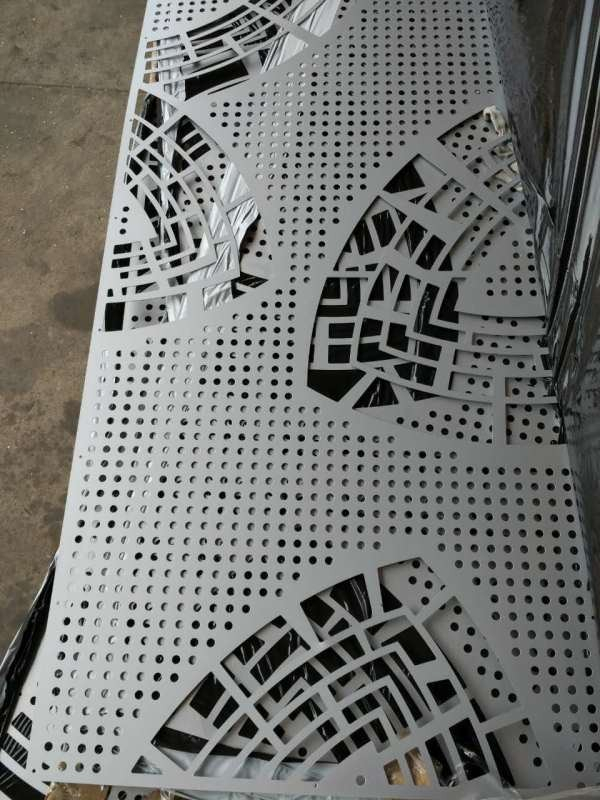
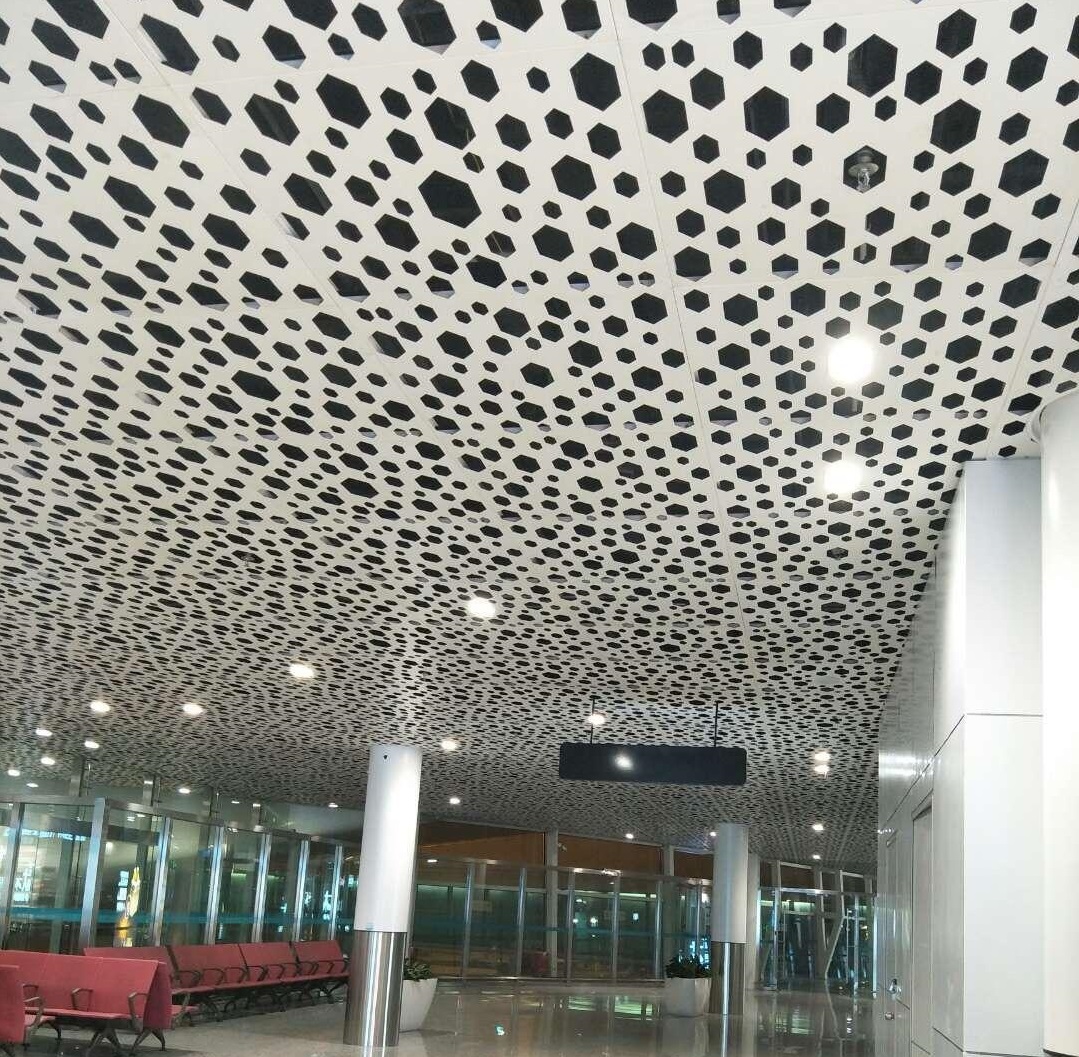
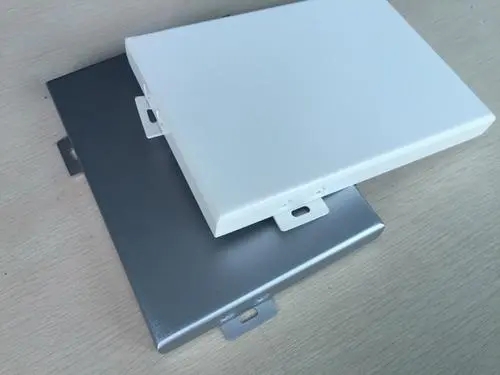
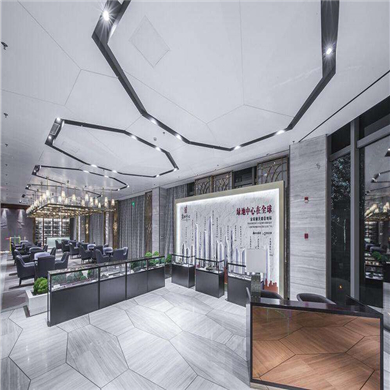
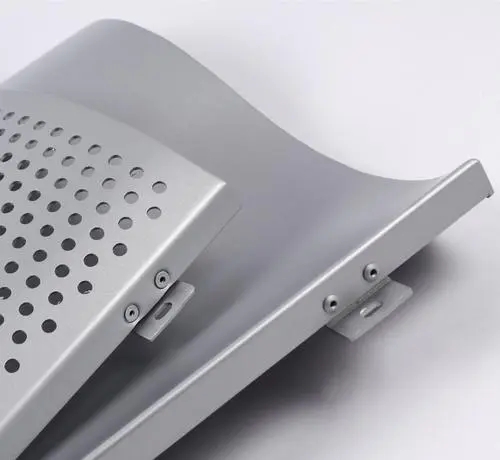
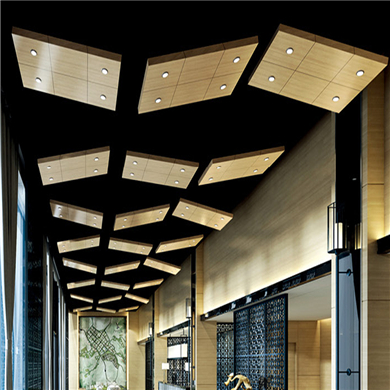
 Customer service QQ
Customer service QQ